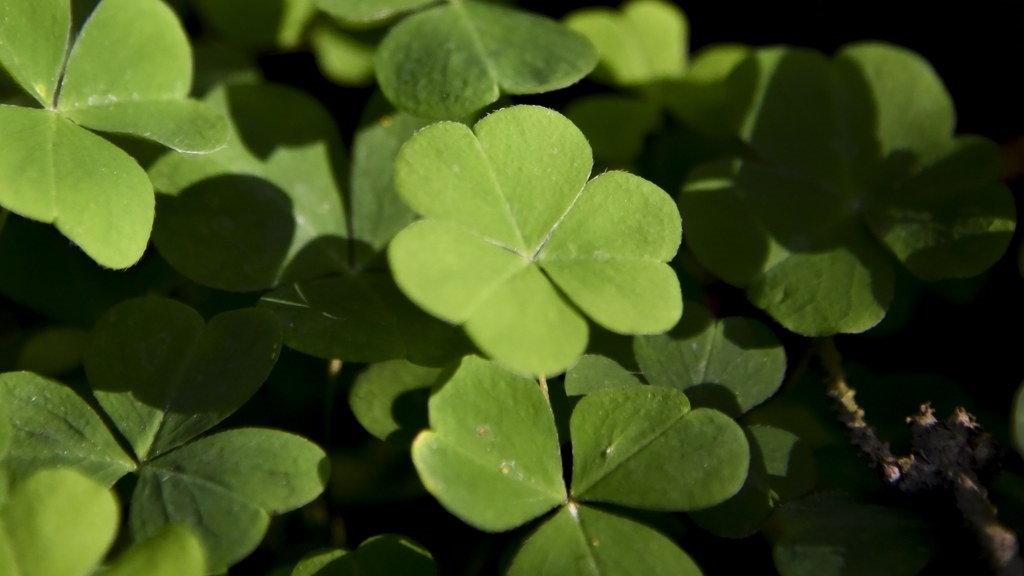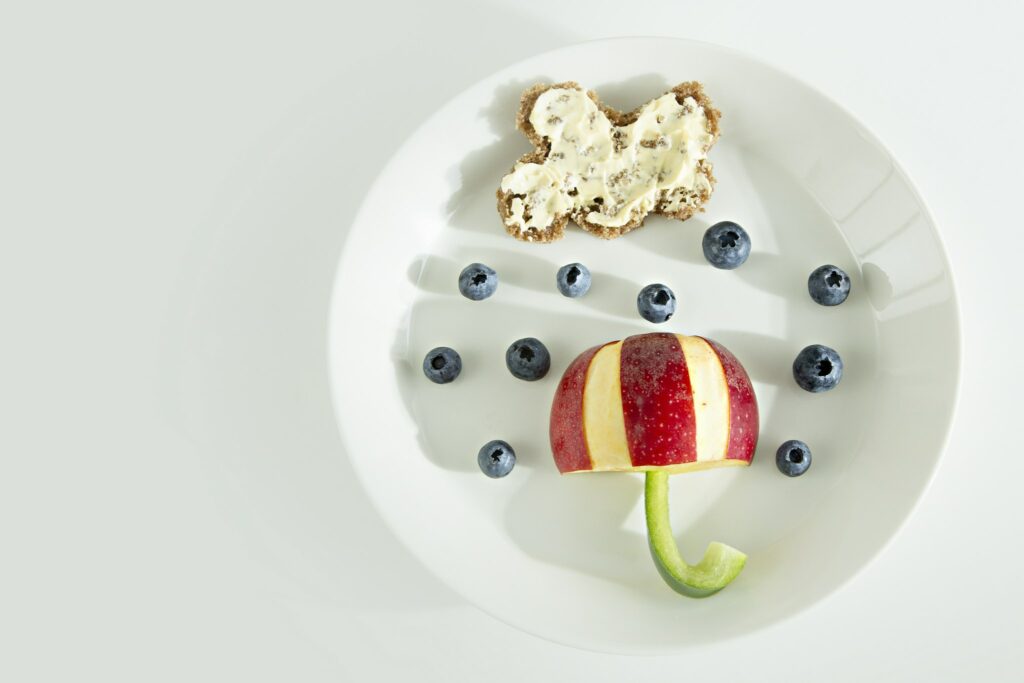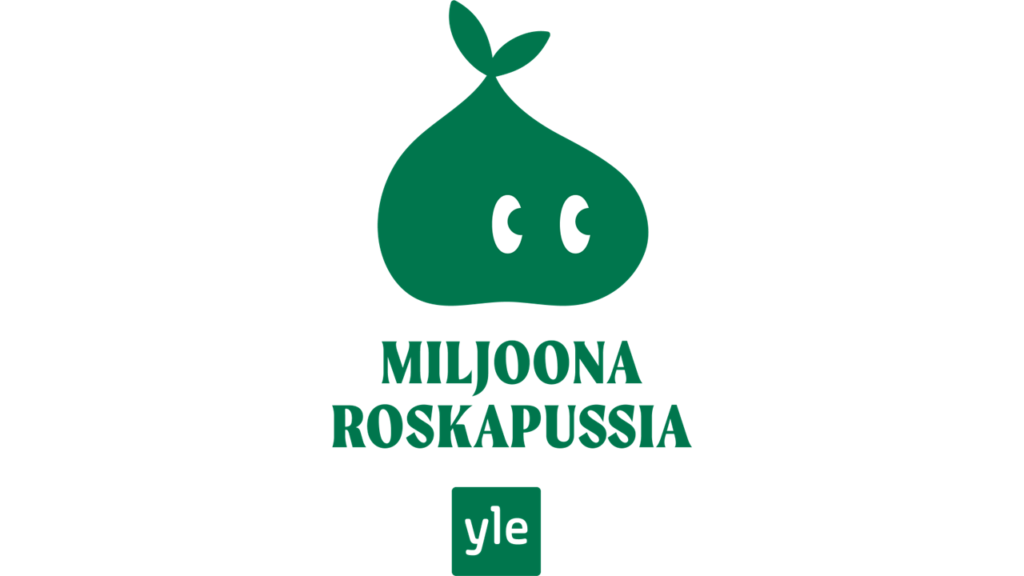Circular economy brings vitality and sustainability

In accordance with Viksu Kuopio program, Kuopio is moving towards sustainable use of natural resources and circular economy. The circular economy is an opportunity that brings vitality, new business opportunities, product development and research to our region. The city of Kuopio wants to be a pioneer and work to make the transition to a sustainable circular economy a reality.
“The transition to a circular economy is necessary so that nature's carrying capacity does not crumble and ecological reconstruction can begin.”
Viksu Kuopio program
Circular economy is created through cooperation
We want to build a strong circular economy business network in Kuopio. We wish the circular economy companies to choose Kuopio as their business location. We want to support the change of business towards circular economy through cooperation. New circular economy and material cycle innovations are also created in cooperation with educational and research institutions.
We strive for closed material cycles in all construction. We want that recycled materials become the primary option in infrastructure planning and construction. Viksu Kuopio’s goal is to reuse at least 70% of construction and demolition waste by 2030. Mass coordination and local reuse are enhanced by looking at the big picture already in the planning phase. Advance planning and cooperation between different actors is a prerequisite for success.
Responsible procurements
The Viksu Kuopio program has set a goal that in 2035 the city’s procurements will be responsible and carbon neutral. We want to take climate, circular economy and nature aspects into account in all procurement and investment processes.
Circular economy becomes a part of everyday life
The contribution of local residents is also important in everyday circular economy choices. By using the services of circular economy companies, such as lending and repair services, reducing waste and food waste, recycling and giving feedback to the city about the implementation of the circular economy, every citizen contributes to the growth of the circular economy.
Our goal is that by 2030 the recycling rate of household waste will be 65%. Waste management services must be developed customer-oriented and recycling must become effortless. Recycling is concretely facilitated, for example, by improving the possibilities of waste sorting, when the space reserved for sorting is increased in residential apartments during renovations. At the same time, waste management is being developed carbon-neutral by e.g. landfill gas recovery, fuel choices for transport and work machines, and by increasing the reuse of waste.
We offer climate-wise food and minimize food waste
Viksu Kuopio’s goal is to significantly increase the popularity of vegetarian food by 2035. The plan is to reduce the carbon footprint of school and kindergarten menus by 25% by 2030 from the 2022 level and halve food waste. Reducing wastage requires the development of information flow, monitoring of wastage and the sale of surplus food. The appreciation of school and vegetarian food must be improved in cooperation with students, for example by developing recipes together and through food education.
Tavoitteet 2035
The goals of Circular economy brings vitality and sustainability -theme are to be achieved by 2035. You can find the planned actions for the years 2024–2035 in the Viksu Kuopio program (in Finnish).
-
4.1 The climate, circular economy and nature perspective are included in all procurement and investment processes.
4.2 The city commits to the circular economy green deal agreements and develops the management of the organization and the skills of the employees.
-
4.3 The city of Kuopio promotes the operating conditions of circular economy companies with land use planning.
4.4 The Hepomäki circular economy area will be developed into an attractive platform for circular economy business, energy technologies and clean energy and green transition livelihoods and innovation.
4.5 The transition of companies to the circular economy and the location of circular economy companies in Kuopio will be strengthened.
4.6 New recycled material streams are developed with companies, educational and research institutions.
4.7 Climate and circular economy experts are extensively trained, at all levels of education, from nature restorers to science universities.
-
4.8 At least 70% of construction and demolition waste will be used as material by 2030.
4.9 We move to closed material cycles in all construction.
4.10 Recycled materials are the primary option in infrastructure planning and construction. Mass coordination is an essential part of planning and construction.
-
4.11 The recycling rate of household waste will increase, reaching a level of 65% by 2030.
4.12 The amount of waste in 2030 will be lower than in the reference year 2020.
4.13 Waste management will be carbon neutral by 2030.
-
4.14 We halve the amount of food waste by 2030 from the level of 2022.
-
4.15 Food is also produced in the city and the popularity of vegetarian food has increased widely.
4.16 The carbon footprint of school and kindergarten menus will be reduced by 25% by 2030 from the 2022 level.
*) In this program, climate-friendly food means food that has been studied to have a smaller carbon footprint. Meal parts with significant climate emissions (e.g. cheese, rice) can be replaced with low-emission ones (e.g. vegetable fat, egg and legume spreads, domestic whole grains barley, barley, oats, spelled and quinoa). Recipes can combine meat and vegetable protein, and vegetables can be added to meat dishes: Part of the meat (1/3 – ½) of the highest-emission beef dishes can be replaced with a source of vegetable protein, such as domestic fava beans.

